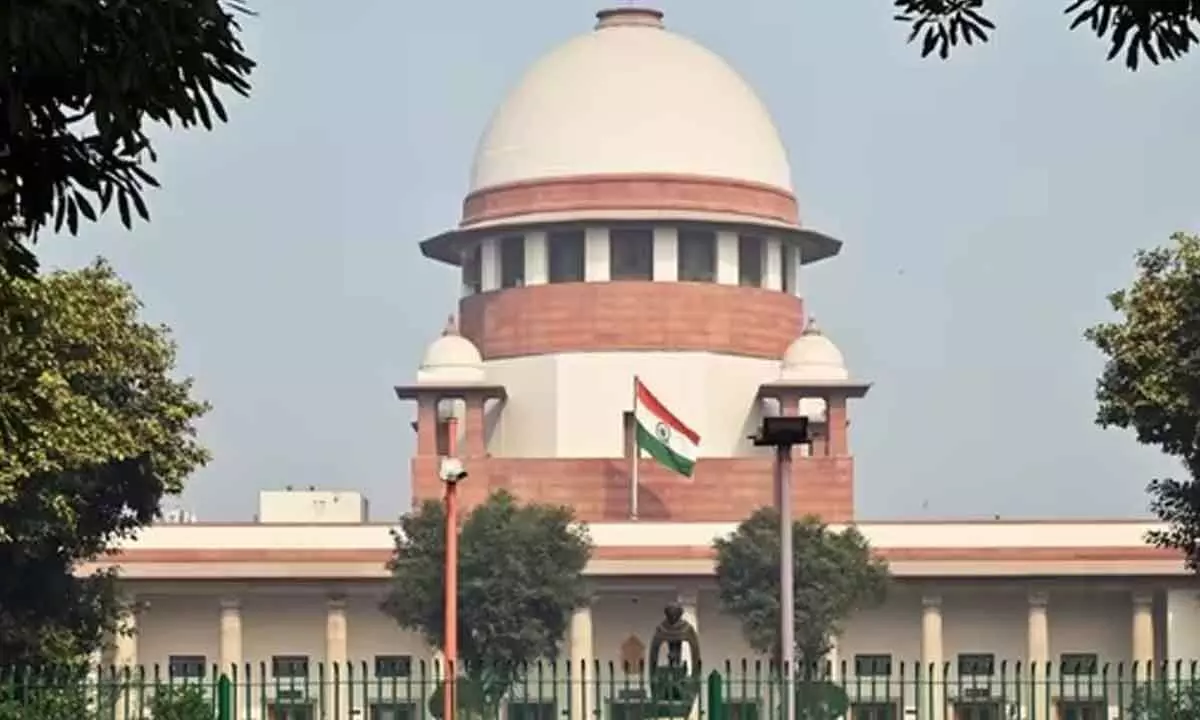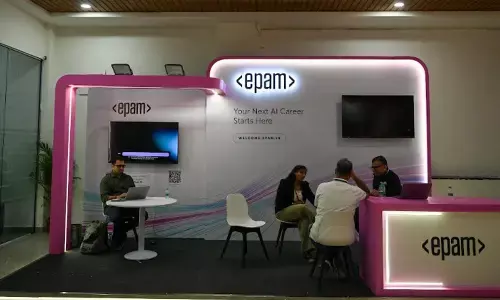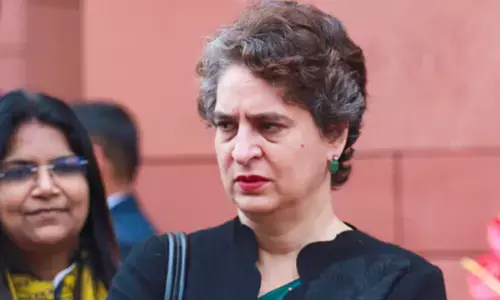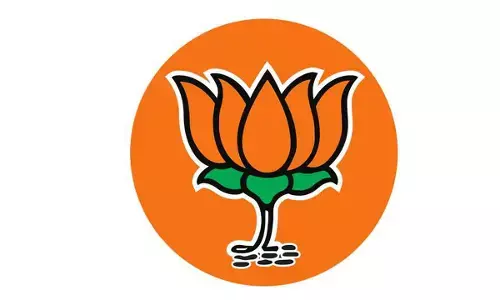SC to hear SBI's plea on electoral bonds on Monday

Bank seeking extension of time to disclose details
New Delhi: A five-judge constitution bench of the Supreme Court will hear on March 11 an application filed by the State Bank of India (SBI) seeking extension of time till June 30 to disclose details of each electoral bond encashed by political parties before the scheme was scrapped last month. The bench, headed by Chief Justice D Y Chandrachud, will also hear a separate plea which has sought initiation of contempt action against the SBI alleging it "wilfully and deliberately" disobeyed the apex court's direction to submit details of the contributions made to political parties through electoral bonds to the Election Commission by March 6.
According to the apex court's cause list for Monday, the bench, also comprising justices Sanjiv Khanna, B R Gavai, J B Pardiwala and Manoj Misra will assemble at 10:30 a.m. to hear the two petitions. In a landmark verdict delivered on February 15, a five-judge constitution bench had scrapped the Centre's electoral bonds scheme of anonymous political funding, calling it "unconstitutional" and ordering disclosure by the Election Commission of the donors, the amount donated by them and the recipients by March 13.
Ordering closure of the scheme forthwith, the top court had directed the SBI, the authorised financial institution under the scheme, to submit by March 6 the details of the electoral bonds purchased since April 12, 2019 till date to the Election Commission which was asked to publish the information on its official website by March 13.
On March 4, the SBI had moved the apex court seeking extension of time till June 30 to disclose the details of the electoral bonds encashed by political parties. In its application, the SBI has contended that retrieval of information from "each silo" and the procedure of matching the information of one silo to that of the other would be a time-consuming exercise. The application said due to stringent measures undertaken to ensure that the identity of the donors was kept anonymous, "decoding' the electoral bonds and matching the donors to the donations made would be a complex process.
"It submitted that the data related to the issuance of the bond and the data related to the redemption of the bond was kept recorded in two different silos. No central database was maintained. This was done to ensure that donors' anonymity would be protected," it said.

















